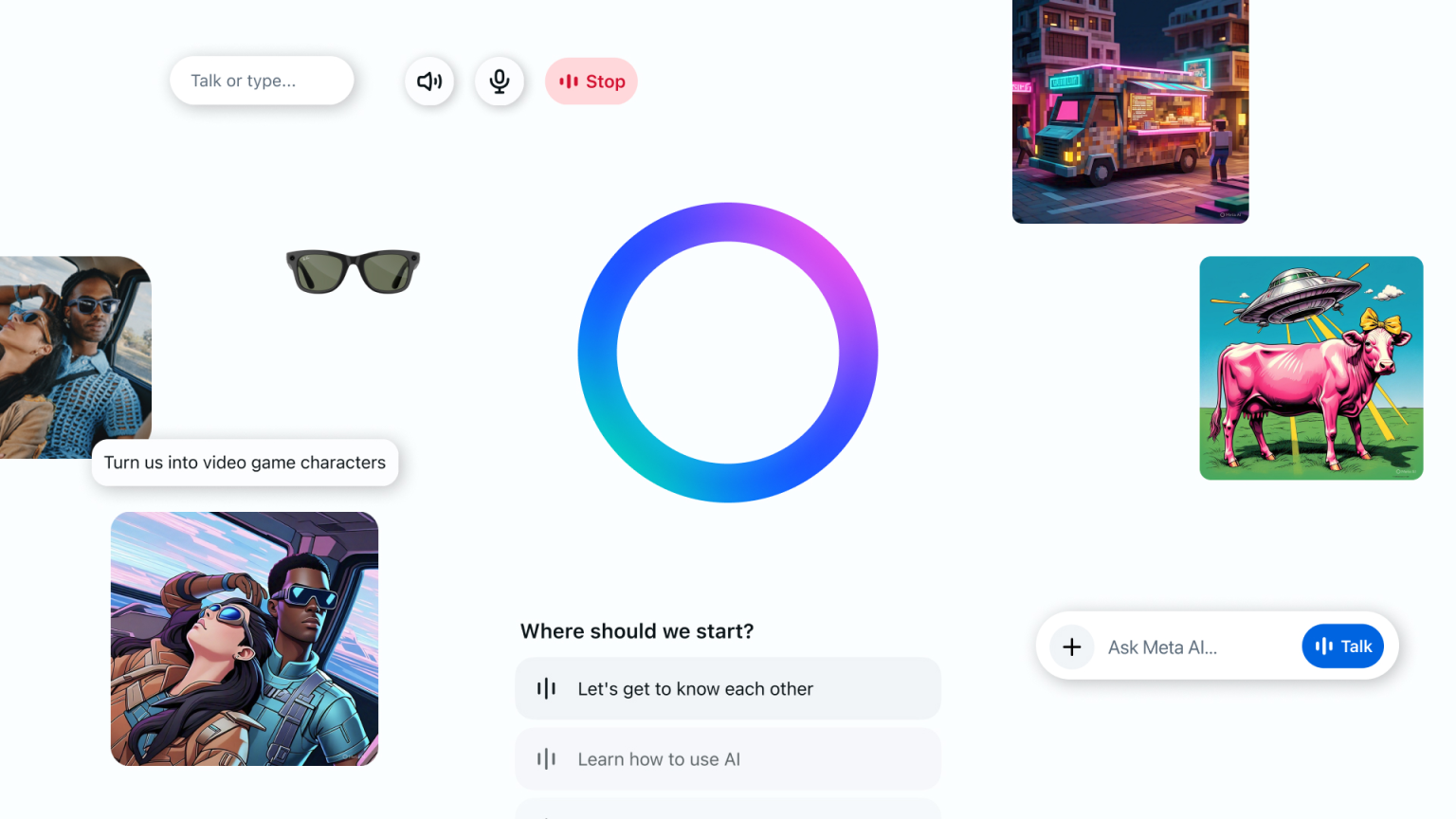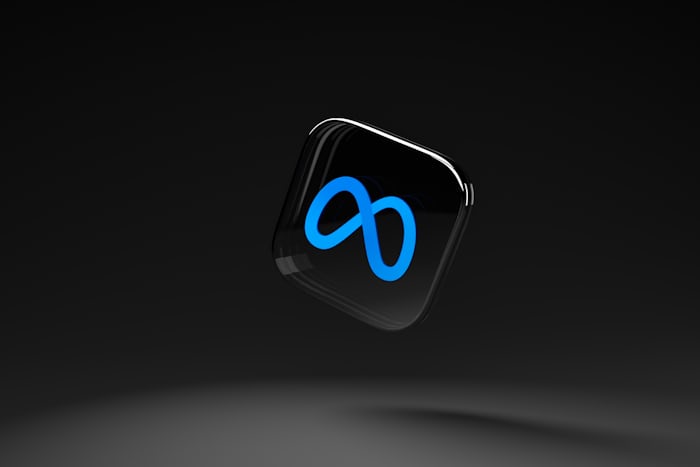On April 29, 2025, Meta unveiled its standalone AI app, Meta AI, at the LlamaCon event, marking a bold step into the competitive AI chatbot landscape dominated by OpenAI’s ChatGPT. Built on Meta’s advanced Llama 4 model, this app aims to redefine how users interact with AI by leveraging Meta’s vast user data for hyper-personalized experiences. This blog post explores the features, strategic significance, and potential impact of Meta’s new AI app, designed to rival industry leaders like ChatGPT, Google’s Gemini, and xAI’s Grok.
Previously, Meta AI was integrated into Instagram, WhatsApp, Facebook, and Messenger since September 2023. Unlike its earlier iterations, this standalone app offers a direct, intuitive interface for users to engage with Meta AI through text, voice, and image-based interactions. Available on iOS, Android, and web, the app replaces the Meta View companion app for Ray-Ban Meta smart glasses, merging device management with AI functionality.
What Key Features are in the Meta AI App?
Meta AI introduces a Discover feed, a social media-inspired feature where users can share and explore AI prompts. This feed allows users to see how friends and others interact with Meta AI, remix prompts, and engage with AI-generated content, fostering a community-driven AI experience.
Meta AI also comes with an advanced voice Interaction feature. This voice mode feature is a cornerstone of the Meta AI app, with a standard mode and an opt-in beta “full-duplex” mode. The latter, available in the U.S., Canada, Australia, and New Zealand, enables natural, dynamic conversations with overlapping speech and real-time responsiveness, rivaling ChatGPT’s advanced voice capabilities.
The app seemlessly integrates with Meta’s social media platforms, allowing users to share AI-generated content directly to Instagram and Facebook. This integration enhances the app’s social aspect, enabling users to showcase their interactions with Meta AI and share creative outputs with their networks. The Meta platform also enables bidrectional chat continuity across mobile, web, and Ray-Ban Meta smart glasses. Users can start a conversation on one device and continue on another, enhancing flexibility.
Meta AI’s image generation capabilities are powered by Llama 4, enabling users to create high-quality images from text prompts. This feature enhances the app’s creative potential, allowing users to generate unique visuals and artistic content. This feature aligns with industry trends, matching capabilities seen in ChatGPT and Gemini.
Meta's relaince on user data for personalization raises privacy concerns. Which may deter privacy-conscious users. The app’s data collection practices and user consent mechanisms will be closely scrutinized, especially in light of past controversies surrounding Meta’s handling of user data. Meta has stated that the app will not collect any personal information from users, but the company’s history of privacy issues may lead to skepticism among users. The company emphasizes user control, with opt-in sharing and clear microphone indicators, but trust remains a hurdle.
As with any AI product, users should be aware of how Meta may use the data they share with its chatbots. Meta relies on its wealth of user data to power its targeted advertising business, which makes up the bulk of its revenue. The company has stated that it will not use the data shared with its chatbots for advertising purposes, but users should be cautious about sharing sensitive information with any AI product.
Final Thoughts
Meta’s standalone AI app is a bold move to challenge ChatGPT and redefine AI assistants with personalization and social integration. Powered by Llama 4, the app offers a compelling mix of voice interaction, image generation, and a unique Discover feed. However, privacy concerns and a late market entry could hinder its adoption. As Meta invests heavily in AI infrastructure, the success of Meta AI will depend on its ability to build trust and deliver value to its billion-strong user base.
For users, the Meta AI app offers a fresh, social-driven AI experience. For the industry, it signals an intensifying AI race where personalization and engagement are key battlegrounds. Will Meta AI become the leading AI assistant Mark Zuckerberg envisions? Only time will tell.

